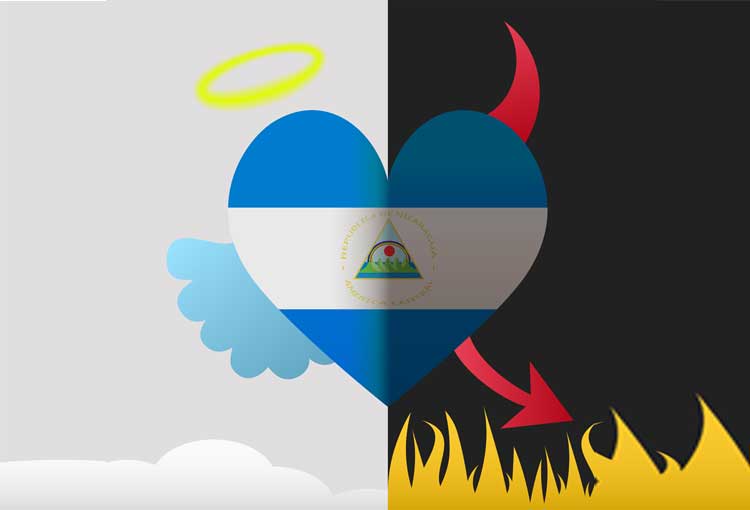Nicaragua: Stability characterizes Sandinista system
Tuesday, October 18, 2016

Mixed signals characterize the investment climate in Nicaragua, which next month will almost certainly re elect President Daniel Ortega, whose previous two administrations – dating from 2007 – have helped produce consistent economic growth.
On the other hand, Nicaragua could have problems getting funds from multilateral lenders, if the United States approves rules intended to restrict loans to what it considers an authoritarian regime.
As far as the economy is concerned, labor-intensive operations, especially in free zones, will continue to be a main attraction for investors.
Production of apparel and wiring harnesses has led grown in recent years in a country where the minimum monthly wage in the manufacturing sector is the equivalent of $138, according to wageindicator.org.
The level of foreign direct investment was close to $850 million annually during the period 2013-2015, according to Spain-based Banco Santander, while the Nicaraguan government says it expects $1.5 billion this year, an increase of 25% over 2015.
GDP growth meanwhile has averaged a robust 5% since 2011, including estimates for this year, according to the International Monetary Fund, while the level of debt of the government – at 125% of its revenue – is among the lowest in the region.
Complicating the picture is an initiative on the part of the United States Congress, which seeks to prohibit loans from multilateral institutions, on the grounds that Nicaragua undermines free speech and fair political process, including the invalidation of the main opposition candidate ahead of national elections to be held on November 6.
As the most important contributor of capital to the World Bank and the Inter-American Development Bank, the United States has more votes than any other country in determining lending policies in both institutions.
The House of Representatives last month by a unanimous vote passed the Nicaraguan Investment Conditionality Act.
Meanwhile, Nicaragua has in recent years seen a decline in low-cost loans from Venezuela, a political ally, which has been affected by a combination of low oil prices and capital flight.
